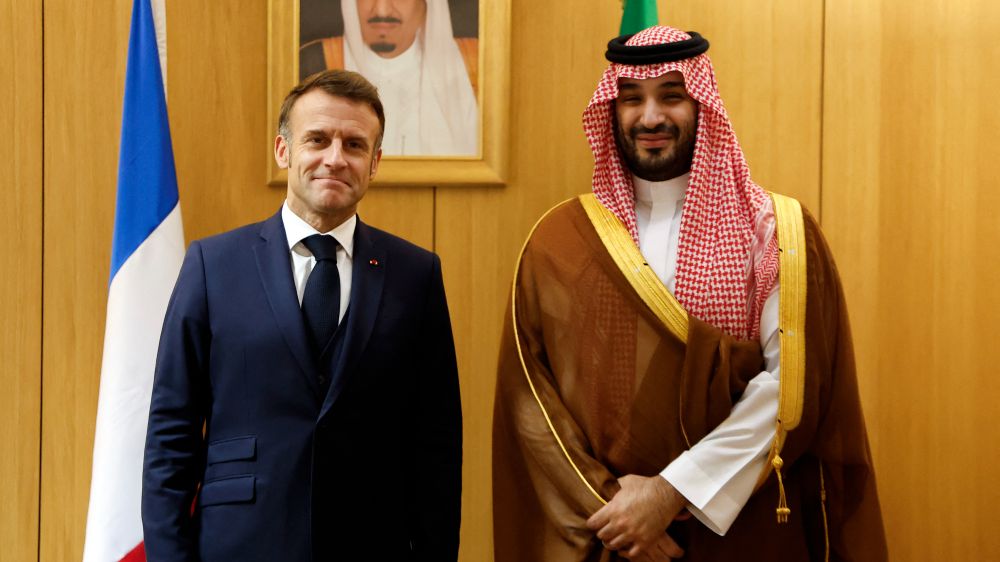Macron communicates with Sisi and the Saudi Crown Prince in preparation for the two-state solution conference

These calls came in the wake of the high-level international conference held in New York from July 28 to 30, co-chaired by Saudi Arabia and France, with wide Palestinian participation despite the absence of the United States. The conference resulted in the New York Declaration, which later received approval from 142 countries in the United Nations General Assembly, against the opposition of 10 countries and the abstention of 12 others.
During the talks, Macron and Crown Prince Mohammed bin Salman discussed the outcomes of the previous international conference and mechanisms to support efforts to end the war in Gaza and achieve comprehensive peace. Both sides noted the significant increase in the number of countries that have announced their intention to recognize the State of Palestine, reflecting a growing international consensus on the necessity of establishing an independent Palestinian state.
On the other hand, Macron's call with Sisi addressed the importance of the upcoming conference as a pivotal step towards activating the principle of the two-state solution, emphasizing the necessity of establishing the Palestinian state based on the 1967 borders with East Jerusalem as its capital. Sisi expressed his welcome to France's announcement of its intention to recognize the State of Palestine, considering it a positive contribution to achieving just and comprehensive peace in the region.
These diplomatic moves come at a time when 11 countries, including Britain, France, Australia, and Malta, announced their intention to recognize the State of Palestine during the 80th session of the United Nations General Assembly. These collective steps represent unprecedented diplomatic pressure on Israel and its allies and indicate a fundamental shift in the international stance towards the Palestinian issue.
It seems that the joint French-Saudi-Egyptian effort aims to create sufficient international momentum to push the peace process towards a new path, based on recognizing the Palestinian state as an entry point to end the conflict rather than being a result of a final agreement. This trend could represent a historic turning point in one of the longest conflicts in modern times.